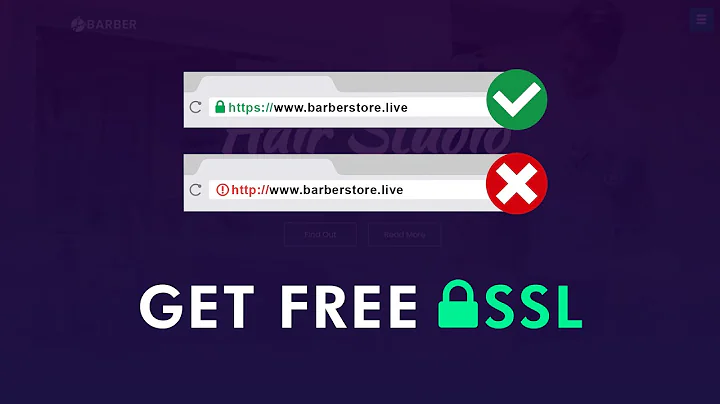SSL certificates for domain without www
Host name verification is a client-side mechanism (as described in the HTTPS specification, RFC 2818, Section 3.1). The client will check that the certificate is valid for the host name it has requested before any HTTP traffic happens (in particular, before any redirection). Apache redirections or DNS changes won't be of any use.
You simply need the web server to present a certificate that is valid for the requested host name.
Some certificates can be valid for multiple host names, by having multiple Subject Alternative Name (SAN) DNS entries, e.g. domain.com and www.domain.com. Some CAs do this by default, some do it for an extra fee.
(Wildcard certificates can also be used to handle multiple host names provided they follow the right pattern such as *.domain.com. Unfortunately, domain.com isn't matched by *.domain.com because the dot is part of the pattern. Some wildcard certs will have both a SAN for domain.com and *.domain.com, in which case it's the SAN mechanism that will be used for domain.com, nothing to do with the wildcard.)
You could also use Server Name Indication (SNI) and have an additional, different certificate on that host for domain.com (next to the one for www.domain.com). Unfortunately, it's not supported by certain clients (possibly old, but they still exist), and it would certainly be pointless, since most CAs issuing a cert for domain.com would certainly include www.domain.com automatically in another SAN anyway.
Either way, if you want to be able to serve https://domain.com at all (even if it's just for a redirection), you'll have to get a new certificate valid for it (at least).
Related videos on Youtube
goocreations
Updated on September 18, 2022Comments
-
goocreations over 1 year
I currently have a SSL certificate which is registered for https://www.domain.com. I didn't register https://domain.com and I don't have money to do that.
Since the SSL exchange is done before the actual site is loaded, I can't simple put a redirect in .htacess without the client getting a SSL-warning. Is there anyway I can make sure that all https://domain.com are redirected to https://www.domain.com before the SSL exchange? Maybe something directly on the Apache server or something in the DNS?
-
 Roger over 11 yearsDNS is only resolving ip addresses and domains. That won't help you.
Roger over 11 yearsDNS is only resolving ip addresses and domains. That won't help you. -
 MDMarra over 11 years
MDMarra over 11 yearsI didn't register https://domain.com and I don't have money to do that.- Um, why would that cost you extra? You owndomain.com, just make an A record for it and get a certificate that has both names.
-
-
Mark over 11 yearsI'd add that many of the Cert vendors offer one or more Subject Alternative Names for free on their middle tier and higher products. And most allow at least one re-issue where you can add a second name. Check your current cert vendor to see if you can double-up for free.
-
Motivated about 8 years@Bruno - It would be good if the answer were updated to note the technical features that support the use of hostnames such as www and domains without hostnames - helpdesk.ssls.com/hc/en-us/articles/…
-
Bruno about 8 years@Motivated Not sure what you mean. I've clearly mentioned this "Some certificates can be valid for multiple host names, by having multiple Subject Alternative Name (SAN) DNS entries, e.g. domain.com and www.domain.com. Some CAs do this by default, some do it for an extra fee."
-
Motivated about 8 years@Bruno - The article at SSLS.com suggests that there is a technical feature that supports this. Is this different to Subject Alternative Names?
-
Bruno about 8 years@Motivated No, it's not different, they do call it SAN in their article too.
-
Bruno about 8 years@Motivated This is just a commercial restriction.
-
Motivated about 8 years@Bruno - Thanks. So there are no technical restrictions? Why restrict it commercially?




